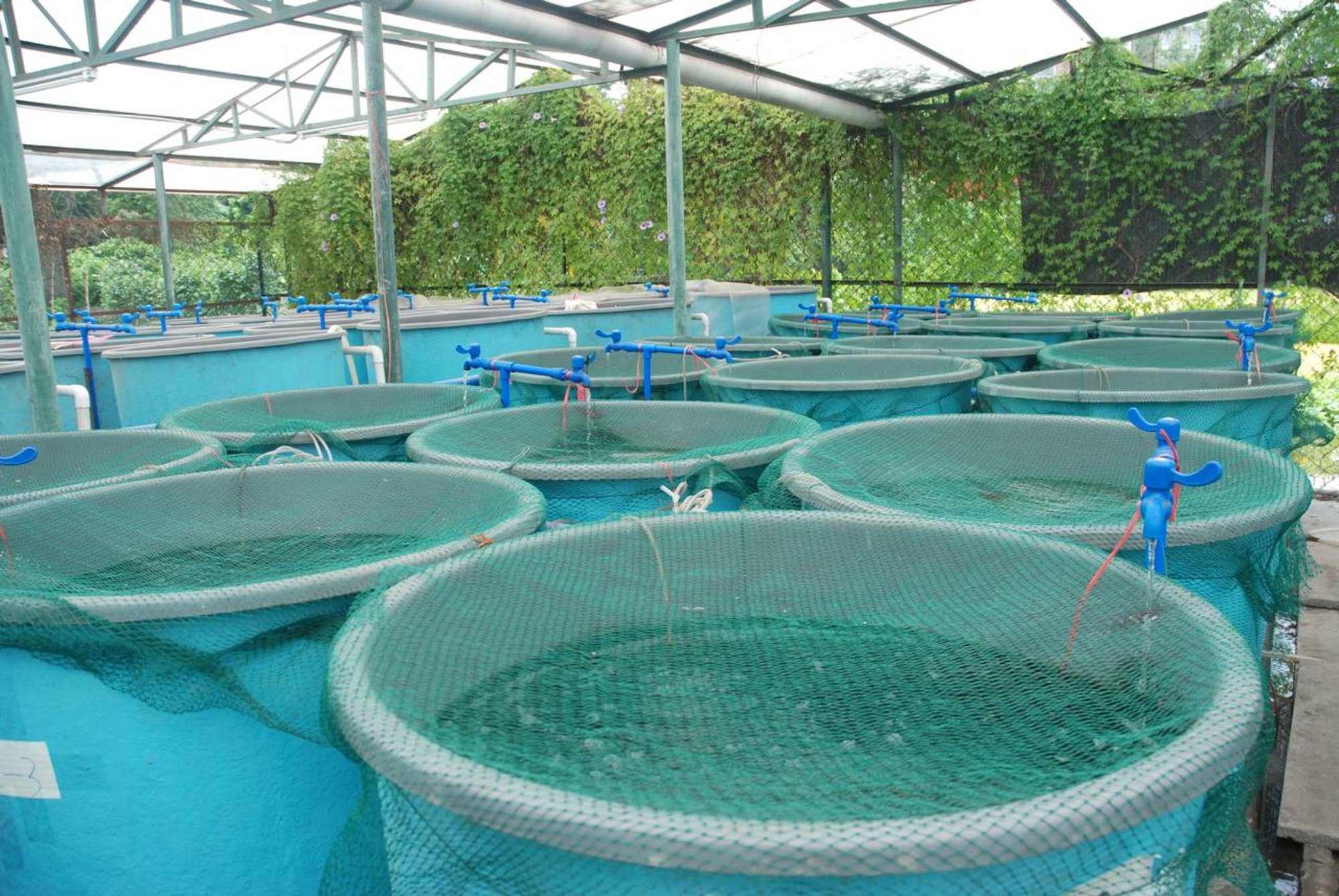Sustainable aquaculture is essential today for several reasons, reflecting both environmental and societal concerns:
Environmental Conservation:
1. Preservation of Marine Ecosystems:
Aquaculture done irresponsibly can lead to habitat destruction, pollution, and loss of biodiversity. By embracing sustainable practices, we can minimize these negative impacts, preserving the delicate balance of marine ecosystems.
2. Mitigation of Overfishing:
With wild fish stocks under immense pressure from overfishing, aquaculture provides a means of meeting the global demand for seafood without further depleting natural populations. However, to be effective in this role, aquaculture must itself be sustainable to avoid exacerbating the problem.
3. Climate Resilience:
Sustainable aquaculture practices can contribute to climate resilience by reducing greenhouse gas emissions, conserving energy and water resources, and protecting coastal habitats that serve as natural buffers against storms and sea level rise.
Socioeconomic Benefits:
1. Food Security:
As the global population continues to grow, the demand for protein-rich foods like fish and shellfish is increasing. Sustainable aquaculture can help enhance food security by providing a reliable source of nutritious seafood that is less vulnerable to environmental fluctuations and resource depletion.
2. Livelihoods and Economic Development:
Aquaculture provides employment opportunities and income generation for millions of people worldwide, particularly in developing countries where traditional fishing livelihoods may be threatened. By promoting sustainable practices, we can ensure the long-term viability of these livelihoods and support economic development in coastal communities.
3. Social Justice:
Sustainable aquaculture practices prioritize social responsibility, including fair labor practices, equitable distribution of economic benefits, and engagement with local communities. By promoting social justice and inclusivity, aquaculture can contribute to the well-being and resilience of coastal populations.
Public Health:
1. Safe and Healthy Seafood:
Sustainable aquaculture prioritizes animal welfare and reduces the need for antibiotics and other chemicals, resulting in safer and healthier seafood products for consumers. By minimizing the risk of contamination and disease transmission, sustainable aquaculture helps protect public health and food safety.
2. Addressing Malnutrition:
Fish and shellfish are important sources of essential nutrients such as protein, omega-3 fatty acids, and vitamins. By promoting sustainable aquaculture, we can increase access to these nutritious foods, particularly in regions where malnutrition and micronutrient deficiencies are prevalent.
Long-Term Viability:
1. Resilience to Environmental Challenges:
Sustainable aquaculture practices are more resilient to environmental challenges such as climate change, pollution, and disease outbreaks. By diversifying production systems, improving disease management, and conserving natural resources, we can enhance the resilience of aquaculture operations and ensure their long-term viability.
2. Consumer Demand for Sustainability:
There is a growing demand among consumers for sustainably sourced seafood products. By adopting sustainable aquaculture practices and obtaining certification from reputable organizations, producers can meet this demand, enhance market access, and differentiate their products in a competitive marketplace.
In conclusion, sustainable aquaculture is essential today to address pressing environmental, socioeconomic, and public health challenges. By promoting responsible stewardship of marine resources, supporting livelihoods and economic development, safeguarding public health, and ensuring the long-term viability of seafood production, sustainable aquaculture has the potential to play a significant role in building a more sustainable and resilient future for both people and the planet.
Click here for more info: Friend of The Sea


